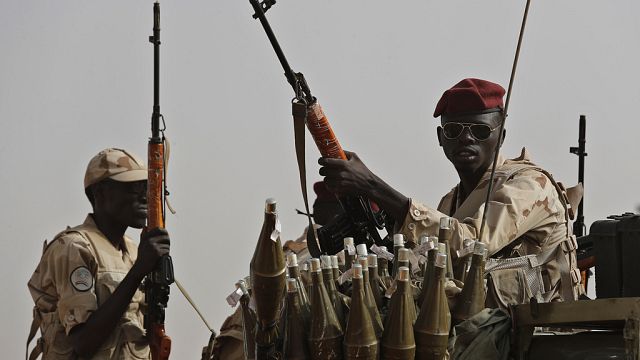By Anthony Obeng Afrane
In 2014, Ghana’s official gold export figures painted a picture of substantial wealth: $1.7 billion worth of the precious metal declared through the Bank of Ghana and shipped globally.
However, a stark discrepancy emerged when comparing this figure to import data from other nations. India alone, according to its government’s official website, imported $2.5 billion worth of gold from Ghana that same year.
This $800 million difference represents a significant volume of gold smuggled out of Ghana, bypassing official channels and depriving the nation of crucial revenue. And this is just the tip of the iceberg; the true scale of illicit gold exports remains shrouded in mystery, as the disparity likely extends to other major gold importing countries such as the UAE and China.
The implications of this massive gold smuggling operation are far-reaching and deeply damaging to Ghana’s economy. The lost revenue translates directly into reduced government funds for vital public services like healthcare, education, and infrastructure development.
Beyond the financial losses, illegal gold mining fuels environmental degradation, human rights abuses, and undermines the formal sector’s efforts to promote responsible mining practices. Small-scale, unregulated mining operations often employ dangerous methods, resulting in environmental damage through deforestation, mercury pollution, and water contamination. Furthermore, these operations frequently operate outside the legal framework, exploiting workers and ignoring safety regulations.
The scale of the problem necessitates immediate and decisive action. While pinpointing the exact routes and players involved in this clandestine trade is complex, addressing the root causes of the problem is crucial. A significant step in this direction is the proposal by President John Dramani Mahama, regarding the establishment of the Gold Board and the implementation of a robust responsible mining policy.
Mahama’s proposed reforms aim to enhance transparency and accountability within Ghana’s gold sector. Establishing the Gold Board would allow for greater oversight of the entire gold value chain, from mining to export.
This would involve improved tracking of gold production, stricter enforcement of licensing and export regulations, and increased collaboration with international agencies to monitor and combat smuggling.
Simultaneously, a comprehensive responsible mining policy would encourage formalisation of small-scale mining operations, providing miners with access to training, technology, and markets, while simultaneously ensuring environmental protection and worker safety.
By formalising the small-scale mining sector, Ghana can bring these operations into the tax net, generating substantial revenue for the government. Furthermore, a responsible mining policy can attract foreign investment into the sector, stimulating economic growth and job creation. This formalisation would also help to curb illegal activities, reducing the environmental and social costs associated with unregulated mining.
The $800 million discrepancy between Ghana’s declared gold exports to India and India’s reported imports highlights a critical weakness in Ghana’s gold sector governance.
Addressing this requires a multi-pronged approach involving strengthened regulatory frameworks, improved traceability systems, and a commitment to responsible mining practices.
Mahama’s proposed reforms, focused on establishing the Gold Board and implementing a robust responsible mining policy, offer a viable path towards tackling this challenge.
Only through decisive action and comprehensive reforms can Ghana reclaim the billions of dollars lost to smuggling and unlock the true potential of its gold resources for the benefit of its people and its economy. The time for decisive action is now, before the ongoing illicit gold trade further erodes Ghana’s development prospects.
Please enjoy _Let it Be_ by The Beatles.
The post Ghana’s Gold Gap: A billion-dollar secret and the need for reform appeared first on The Herald ghana.

